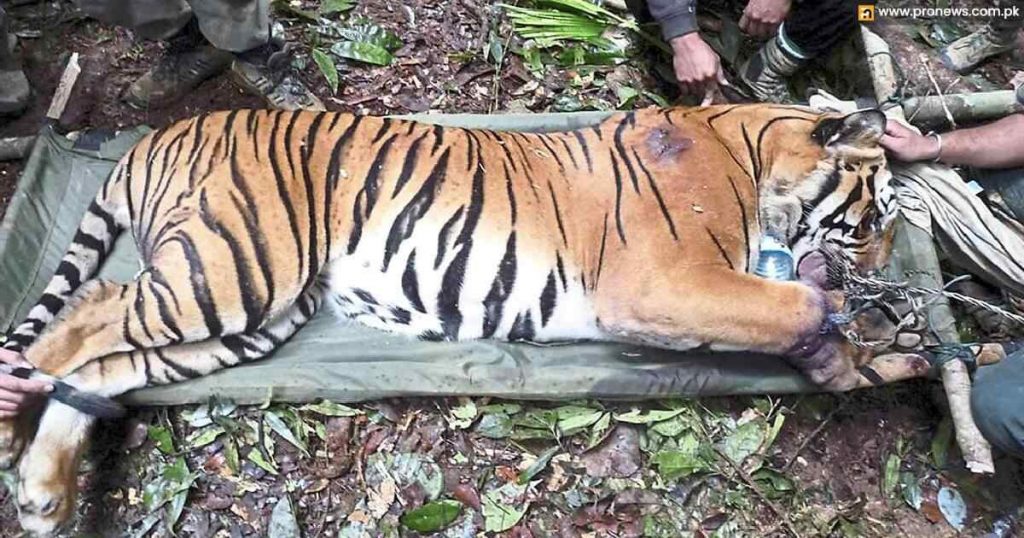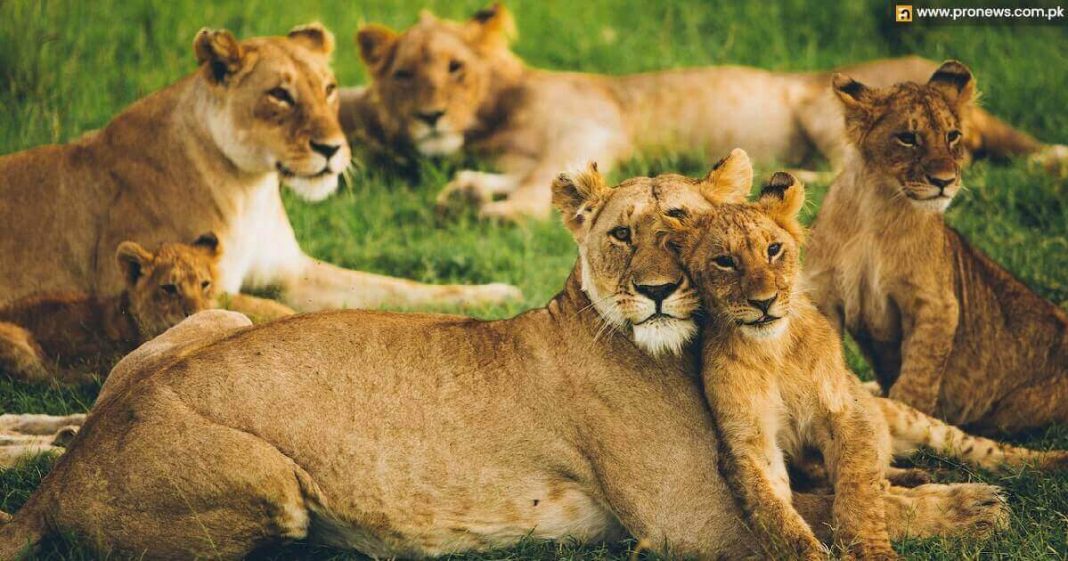Wild masses of surveyed animal species have plunged in every practical sense, 70% over the latest 50 years, as shown by an achievement assessment conveyed Thursday that parts “obliterating” catastrophes to nature as a result of human activity.
Details
Counting data from 32,000 social classes of more than 5,000 kinds of warm-blooded animals, birds, animals of land and water, reptiles, and fish, the WWF Living Planet Record shows revving falls across the earth.
In the biodiversity-rich region, for instance, Latin America and the Caribbean, the sculpture for animal people trouble is essentially around as high as 94%.
Around the world, the report found that checked animal social classes had fallen 69% starting around 1970.
The outline found that freshwater species dropped more than those found in another climate, with an 83-percent people fall starting around 1970.
Also Read About: Chinese Car with the Capacity to fly makes the first trip to Dubai
Views of directors of WWF over it

Marco Lambertini is the director general of WWF All around the planet. He said his affiliation was “exceptionally locked in” by the new data. He said it indicates a stunning decline in untamed life social classes, explicitly in tropical areas that are residence to likely the most biodiverse scenes on earth.
Mark Wright is the director of science at WWF. He expressed the figures were “genuinely disturbing, particularly for Latin America.
He said Latin America is remarkable for its biodiversity doubtlessly. It is genuinely fundamental for lots of various things.
Alice Ruhweza, Africa region director at WWF, said the assessment showed how there was an “inconceivable human cost” when nature is lost.
She said young people unequivocally were stressed over ordinary life security and would push states to complete more tremendous safeguarding attempts.
Reasons for the decline in wildlife

The report saw that the key drivers of customary life episodes are locale degradation thinking about progress and making, cheating, contaminating, typical change, and disease.
The Living Planet Report battles that rising protection and recovery attempts, conveying and eating food considerably more can coordinate the twin crises of ordinary change and biodiversity trouble.
It calls for the government to factor into policymaking the value of affiliations conveyed, like food, prescription, and water supply.
In Africa, where 70% of occupations rely on nature in some arrangement, the report showed a 66% fall in untamed life social classes beginning around 1970.


